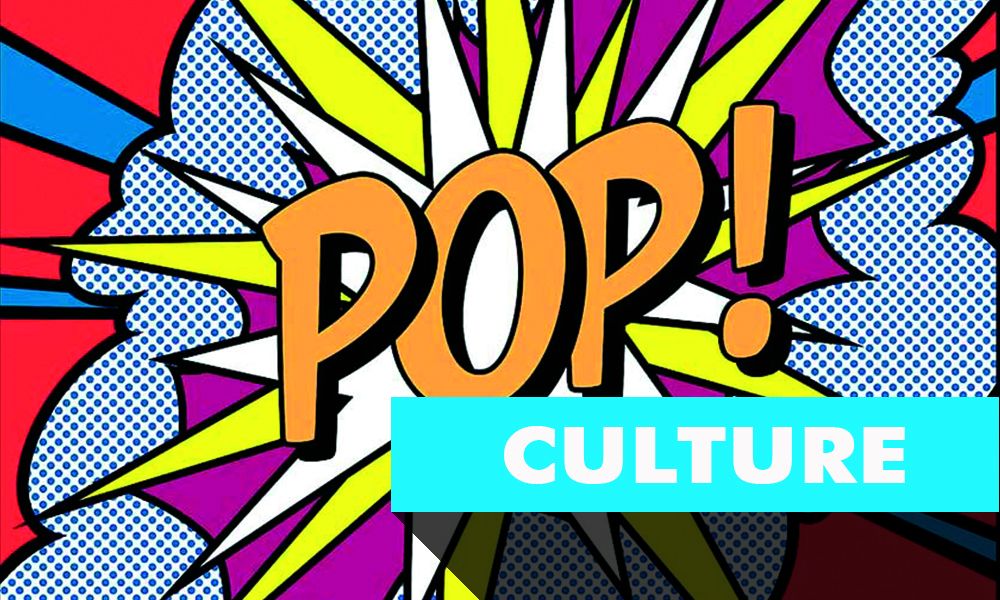CJ Attard Insights
Exploring the latest trends and insights in various industries.
Pop Culture's Wildest Trends That Shook the World
Discover the jaw-dropping trends that defined pop culture and left the world in awe! Uncover the wildest moments that changed everything!
The Rise and Fall of Viral Challenges: How They Changed Pop Culture
The phenomenon of viral challenges has significantly influenced pop culture over the last decade. These internet trends often emerge from platforms like TikTok, Instagram, and YouTube, where users create engaging content that encourages others to participate. Challenges such as the Ice Bucket Challenge and the Mannequin Challenge not only entertained millions but also spread awareness on important social issues and fostered a sense of community among participants. In this sense, viral challenges have transformed the landscape of social media, blurring the lines between entertainment and social activism.
However, the rise of these challenges has not been without its drawbacks. The constant influx of new trends can lead to a quick rise and fall, as many of these challenges fizzle out just as swiftly as they gained popularity. As a result, some challenges have been criticized for promoting unsafe behavior or trivializing serious topics. This ebb and flow raises questions about pop culture's sustainability in the digital age. Will the next generation of viral challenges be able to maintain their impact, or will they become transient moments in the ever-evolving landscape of social media?

From Fidget Spinners to TikTok Dances: The Trends That Defined a Generation
From fidget spinners to TikTok dances, the trends that defined a generation are as varied as they are impactful. Over the last decade, we've witnessed a fascinating evolution in how culture spreads and influences our daily lives. Fidget spinners became a must-have toy in 2017, captivating children and adults alike with their simple mechanics and stress-relieving properties. In a world driven by constant stimulation, these small gadgets offered a unique form of engagement, albeit temporarily. As we shifted into the realm of social media, platforms like TikTok emerged, bringing challenges and dance trends that not only entertained but also united users worldwide.
The phenomena surrounding TikTok dances, such as the Renegade and Savage, revolutionized the way we view creativity and engagement online. These short, catchy routines became a form of expression for millions, showcasing individual talent while fostering a sense of community. Furthermore, the viral nature of these trends sparked conversations about authenticity and influence in the digital age. As we look back on this era, it is clear that these trends have not only shaped our entertainment landscape but have also altered how we interact, communicate, and share experiences with one another.
What Influencers Are Really Selling: The Impact of Social Media Trends on Society
In today's digital age, social media influencers have become powerful figures, wielding significant influence over their followers and the broader community. What influencers are really selling goes beyond mere products; they are peddling an ideal lifestyle, trends, and a sense of belonging. With their curated feeds and engaging content, influencers shape perceptions, driving societal trends that can impact everything from fashion to mental health. As followers aspire to replicate the lives of these figures, they often find themselves caught in cycles of consumerism where self-worth is tied to trends championed by those they admire.
The impact of social media trends on society is profound and multifaceted. As trends spread like wildfire, they can foster connectivity and unity among followers, but they can also breed competition and dissatisfaction. For example, the rise of certain beauty standards promoted by influencers has led to discussions about mental wellbeing and body image. The society we live in today increasingly measures success and happiness through the lens of social media, raising essential questions about authenticity and the true cost of compliance with these trends. Understanding the real dynamics at play is crucial for consumers navigating this complex landscape.